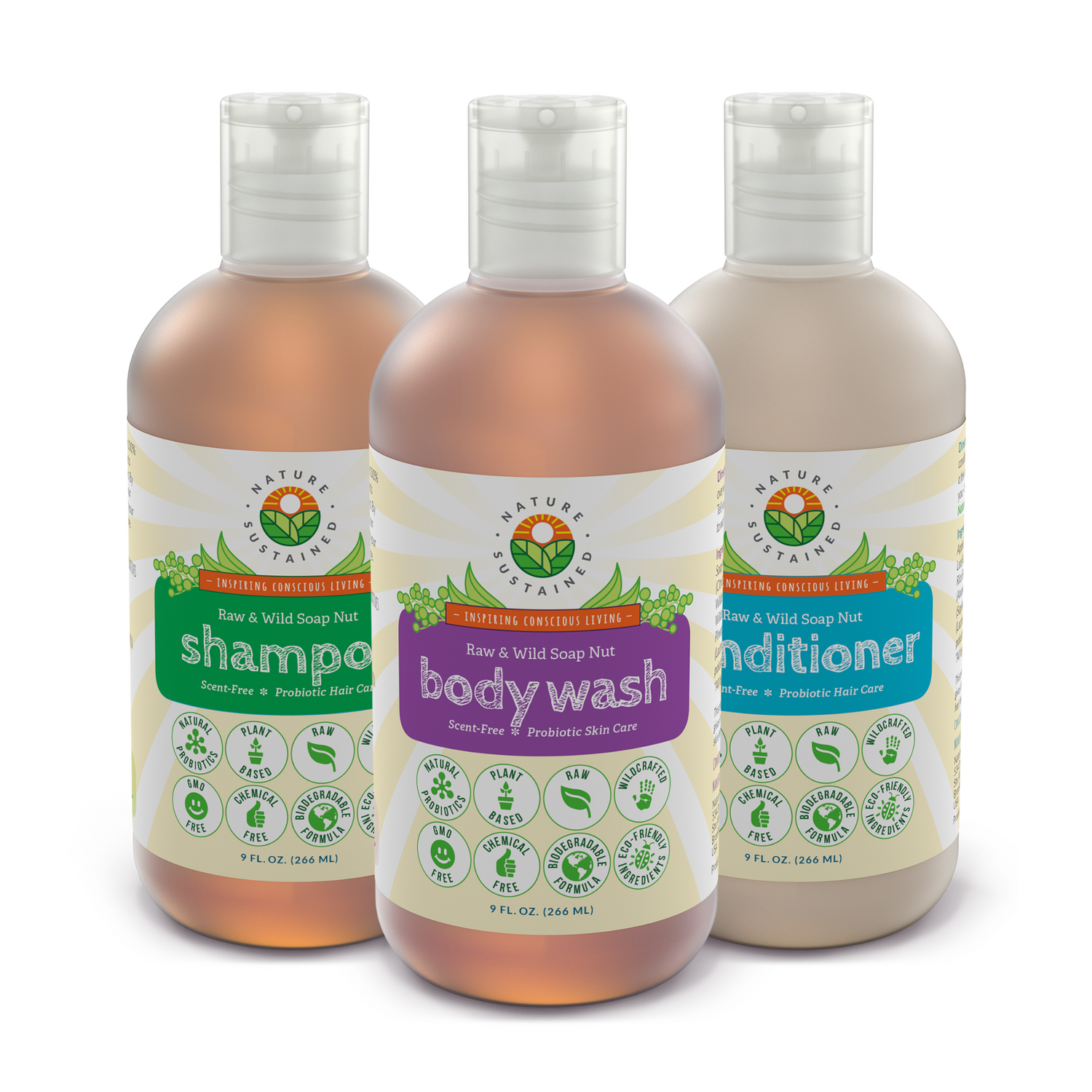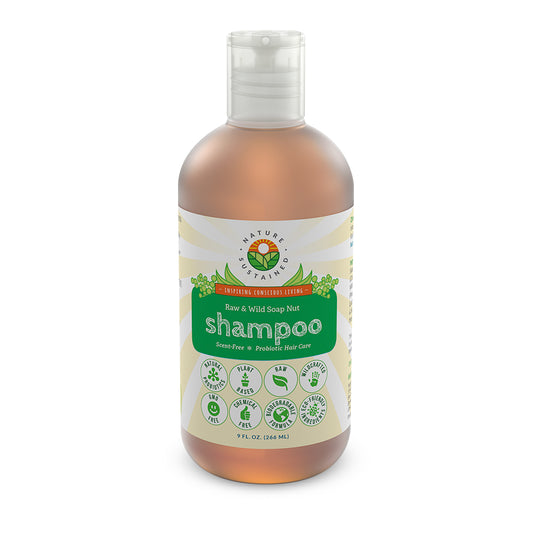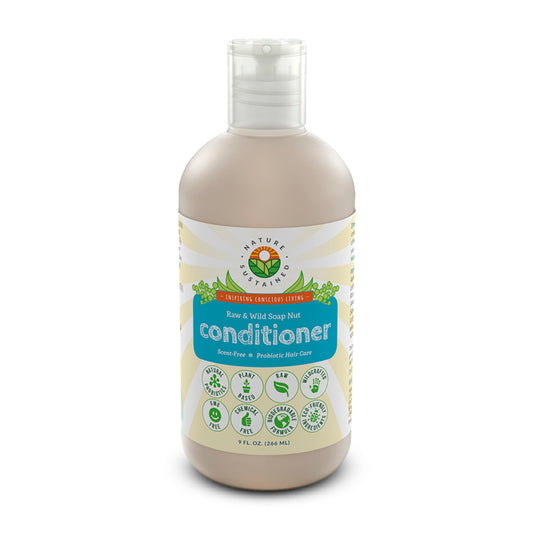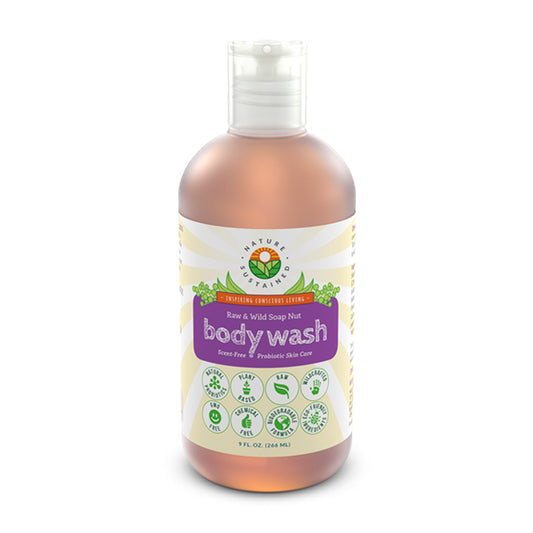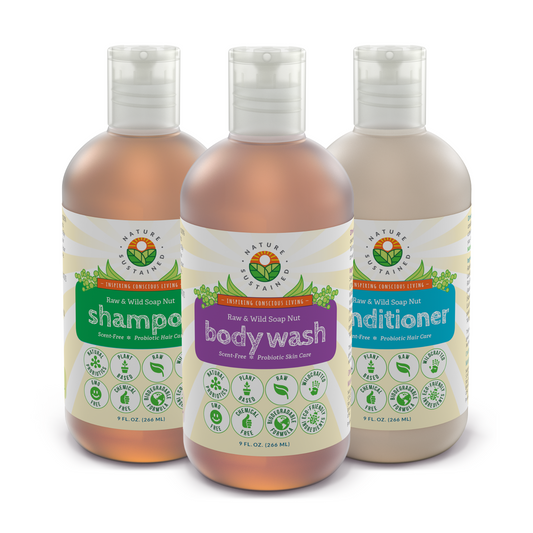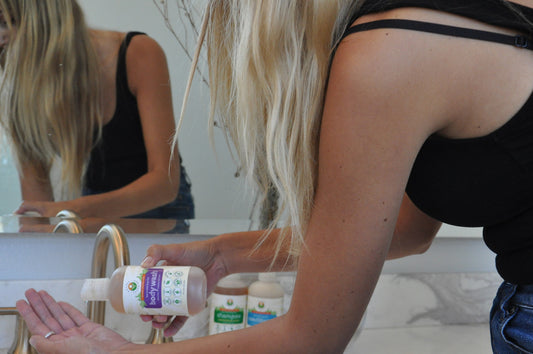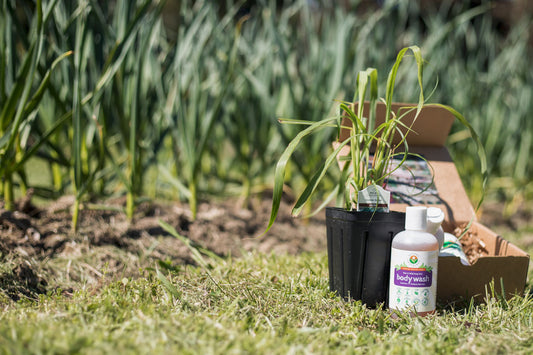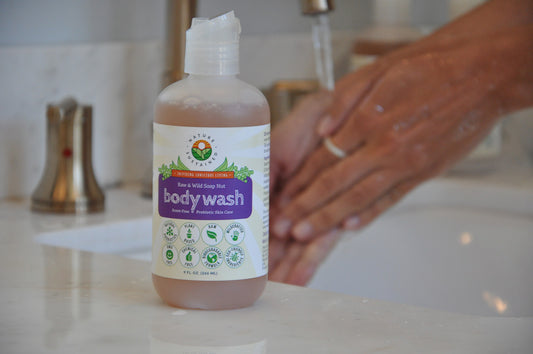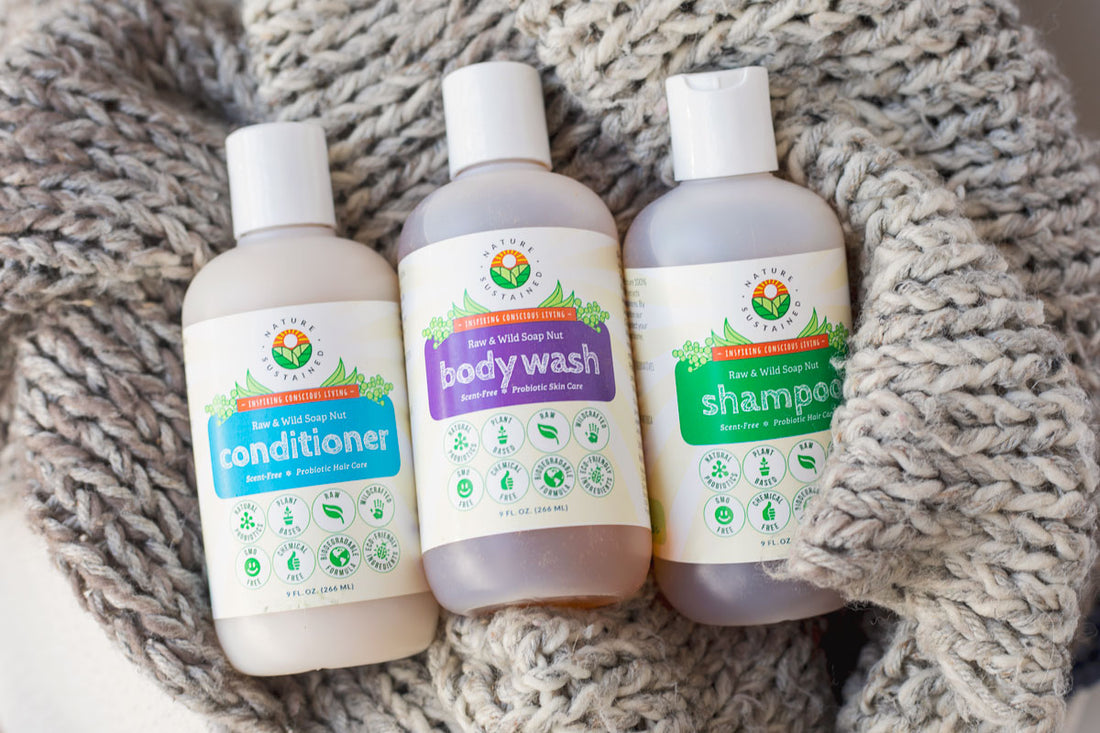
Are Soapberries Good For Your Hair?
Pasha KnishIt seems like it’s a never-ending process to find hair care products that will protect your hair, keep it healthy, and help repair any damage while introducing as few (or no) chemicals into the mix. You think you’ve found something that works, and then it doesn’t. And then the search begins all over again.
Where hair care is concerned, not only are you dealing with hair, but also skin, and let’s be honest: Our hair really is our crowning glory. Have a bad hair day, and you can have a bad day. Have a good hair day, and it feels like the sky’s the limit. If you suffer from hair loss, dandruff or other skin conditions, sensitive skin, dry hair, frizz, or any combo of these issues, that’s something else you need to take into consideration in your search for the perfect hair care products. Choosing hair care products can feel both overwhelming and confusing, especially since the experts have as many differing opinions as there are haircare products.
Although soapberries (also known as soapnuts and washing nuts) have been used as an all-natural personal care and laundry product for centuries, they have become increasingly popular in the personal care space in recent years, especially when used in shampoo. In case this is the first time you’ve heard of soapberries, and if you’re also continually on the search for the best hair care products for your hair, read on.

What are soapberries + why are they good for your hair?
Soapberries are the fruits of a small tree called the Sapindus Mukorossi tree, and these berries are rich in saponins—soap-like compounds—that are 100% organic. When used as a hair care product, they can not only make your hair healthier overall (remember all those hair issues we mentioned above?), but they can also add the shine and luster we’re all looking for in a haircare product.
Most of the soapberries used in haircare products come from Thailand as well as the Himalayan mountain region in India and Nepal, although other versions can be found in other areas of the world.
Soapberries, as an all-natural alternative to traditional shampoos, can pack a powerful punch as far as overall hair health is concerned, but they can also help with a variety of hair- and scalp-related issues in one simple, vitamin-filled, 100% organic product.
Here are some of the benefits of soapberries when used as a shampoo:
- Get clean, soft, shiny, smooth hair wash after wash
- Prevent hair loss
- Help with hair growth
- Nourish your scalp
- Prevent dry, damaged hair
- Reduce split ends
- Tame frizz
- Detangle naturally
- Fight dandruff and other skin conditions
- Protect sensitive skin
While our main focus has been on how soapberries can be beneficial for hair and skin health, they have also been found to have other valuable uses in the body like migraine relief, and the reduction of tobacco cravings for those who’d like to quit smoking. And if you’re ever bitten by a snake or a scorpion, soapberries can also act as an anti-vemon. To us that means your shampoo, conditioner, and body wash can have some powerful ingredients!
Related: Click here to shop our line of soapberry hair + body care products

Are soapberries better than using chemicals?
One reason we use haircare products is to get rid of unwanted dirt, grime, excessive oils, etc., from our scalp and hair. When we use products that contain chemicals, those chemicals can kill the bacteria on our scalp and in our hair, including the bacterial microflora—which is important for healthy skin, and this can mess with the overall bacterial balance of both our skin and hair. Soapberries are 100% organic, they have the same PH as your skin, and they’re hypoallergenic. Our soapberry products are made with zero chemicals and zero industrial processing, so no natural enzymes are lost during the manufacturing process.
While we’re talking about chemicals, one quick look at many haircare products can make you really wonder what all those ingredients are and what they do (or don’t do) for your hair, and for the most part, they could well be chemicals.
Here are the traditional chemicals used in shampoos, specifically, and their role:
- Surfactants: Sodium Laureth Sulfate, Ammonium Lauryl Sulfate, Sodium Trideth Sulfate, and Cocamidopropyl Betaine are types of Surfactants. These chemicals are added to make shampoo lather; however, shampoo doesn’t have to lather to work. In fact, the lather from a shampoo has no connection to the quality of that shampoo as far as hair and skin health are concerned. While these chemicals can be fine for many people, they can cause irritation for others.
- Preservatives: Some examples of Preservatives are Parabens, Glyoxal, Diasolidinyl Urea, Quaternium-15, DMDM Hydantoin, Polyoxymethylene Urea, and Sodium Hydroxymethylglycinate, to name a few. These chemicals make products have a longer shelf life and keep them from developing mold, yeast, fungi, bacteria, and other microorganisms. Like with Surfactants, they can be toxic to both humans and the environment at some levels.
- Silicones: Dimethicone is one example of a Silicone. Silicones coat the hair so the Surfactants in a product don’t dry out your hair too much. So, your shampoo might have one chemical to protect your hair from another chemical. That’s food for thought, for sure.
- Fragrances: Phthalates and Synthetic Musk are two examples of fragrances, and there are many, many different fragrances that can be used to make shampoos smell good (because who wants their hair to smell bad?). Unfortunately, some fragrances can be toxic to some people.
Why are haircare products and their ingredients so important?
You might not realize this, but your skin is the largest organ in your body, covering around 22 square feet on the average adult. Your skin also replaces itself every month, making it also a very active organ. And while only a portion of your skin is connected to your hair, the products you use in your haircare routine, which affect both your hair health and scalp health, must be effective and also safe since your skin is constantly changing. For that reason, and many others we’ve highlighted, finding products that are all-natural and 100% organic with as little processing as possible—like soapberries—are key to optimal skin and hair health.
